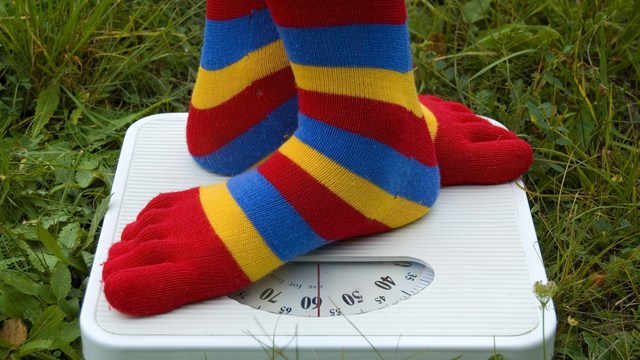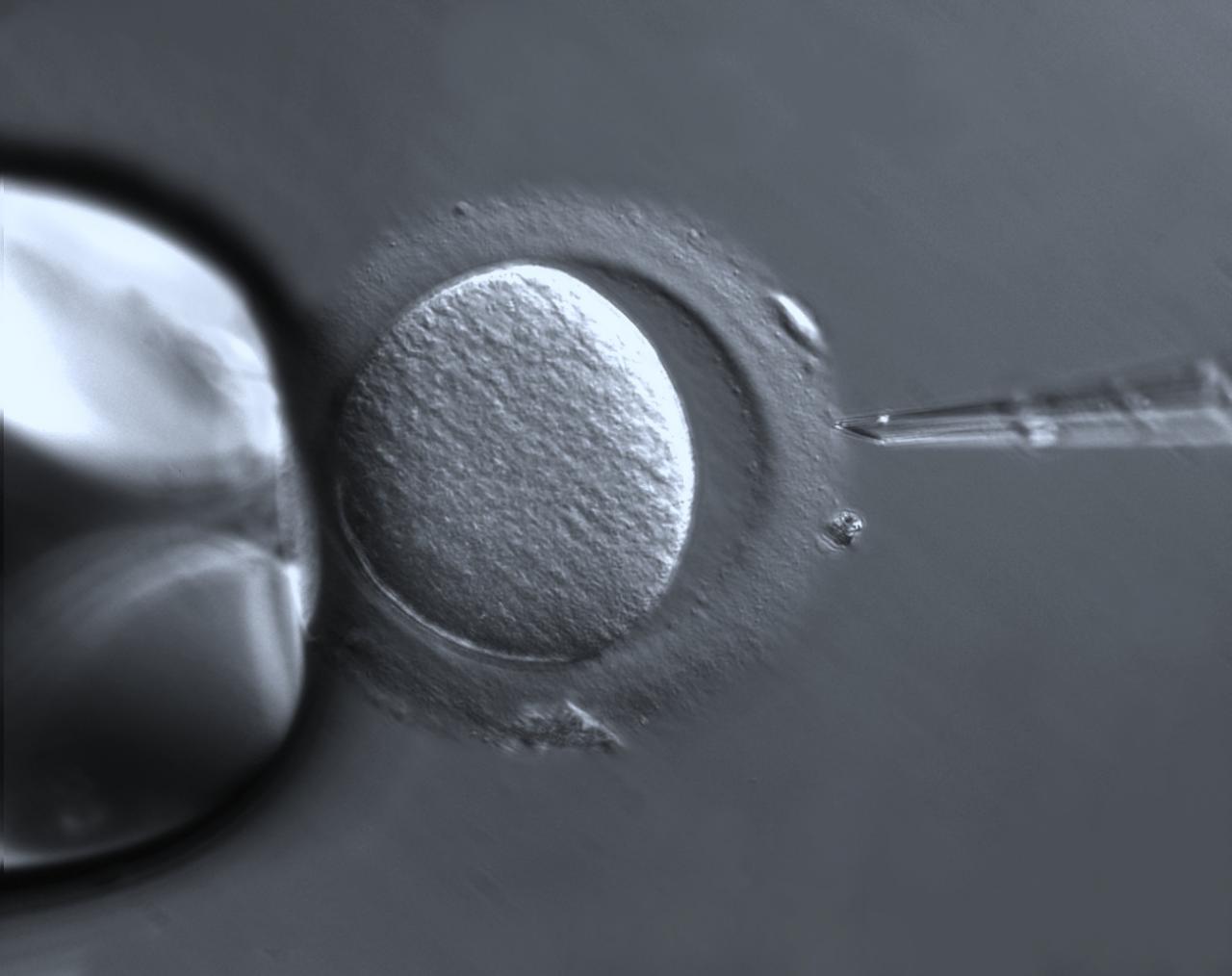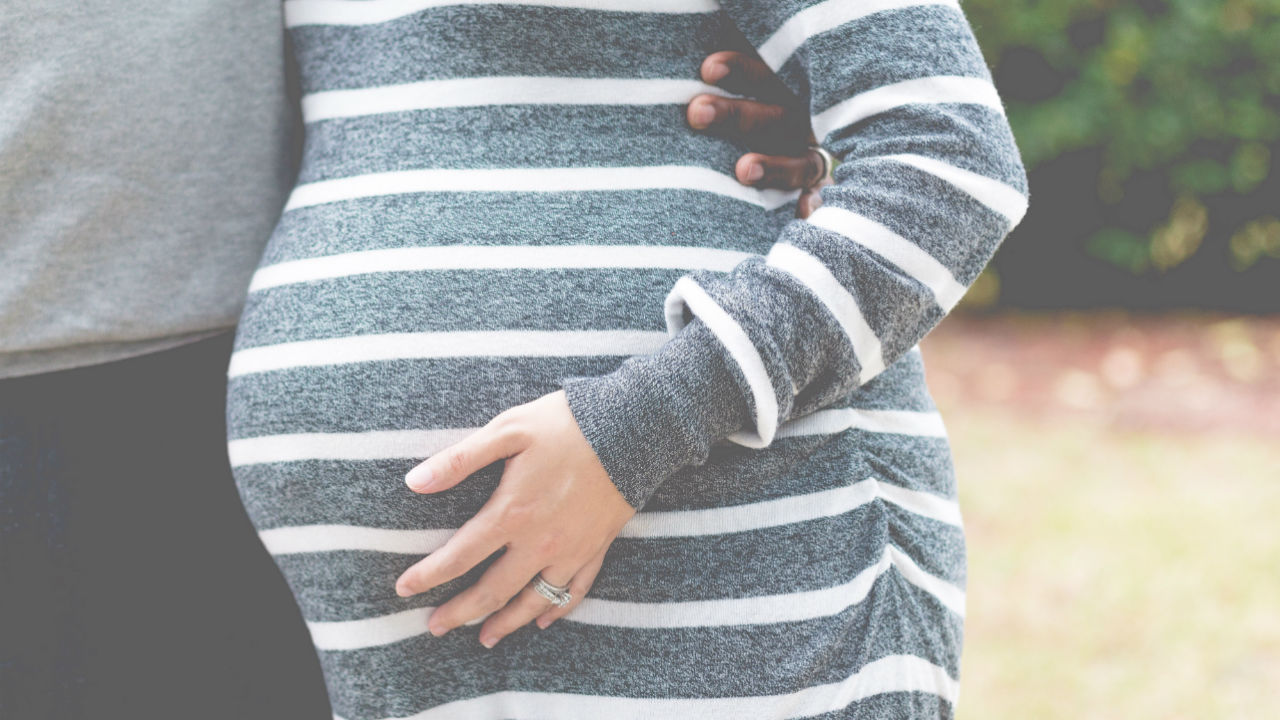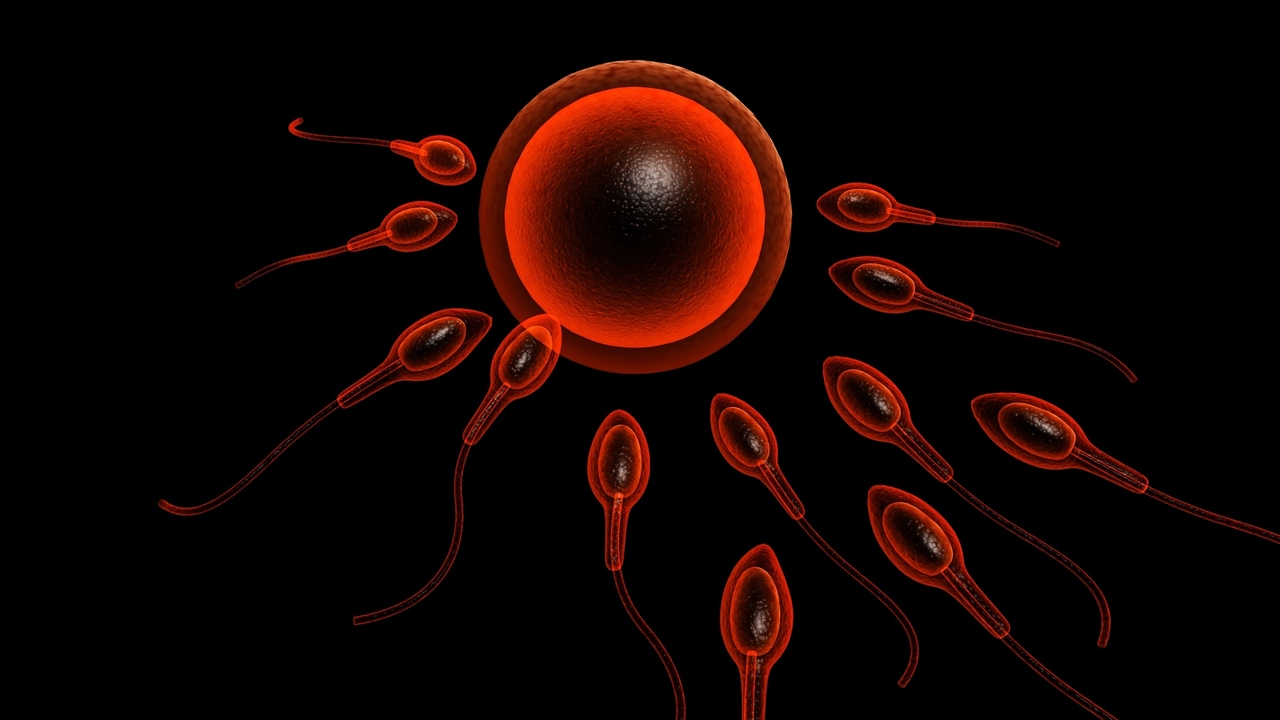 Serghei Velusceac/PhotoSpin
Serghei Velusceac/PhotoSpin
If you are experiencing fertility issues, have you ever considered losing weight? I know that this might seem unrelated. But you might be surprised to learn that the more overweight or obese you are, the less fertile you may be. Having a normal weight could make the difference in increasing your fertility levels.
According to the Centers for Disease Control and Prevention (CDC), one out of three adults are obese. If you combine overweight and obesity rates the percentage jumps from 34 percent to 69 percent.
How do you know if you are overweight or obese? By calculating your body mass index (BMI) you can determine whether you are considered overweight or obese.
All you need to know is your height and your weight. Once you have those you can determine where you are on the scale.
If you fall between the 19th and 25th percentile you are considered normal weight. If you fall between the 26th and the 30th percentile you are considered over weight. If you are above the 30th percentile then you are considered obese.
Several studies published in the Oxford Journal of Human Reproduction have shown that overweight women who were considered infertile because they were not ovulating on a regular basis were able to become pregnant spontaneously after losing weight.
One particular study found that as little as a 5 percent weight reduction can improve chances of pregnancy.
Many women that are overweight or obese also have a concurrent disease process called polycystic ovary syndrome (PCOS). PCOS causes hormonal changes that prevent ovulation and pregnancy.
This condition also causes weight gain. This is a vicious cycle for women. PCOS is associated with insulin resistance which is also associated with infertility. With the reduction of weight, insulin sensitivity improves and so do fertility levels.
It is important to note that not only is losing weight important for many women in order to get pregnant, it is also importance to the health of the pregnancy. It is important to the health of the baby and the mother.
Finally, it is important for men to lose weight too. When a man is obese with a BMI of over 30, it affects his sperm count.
Understanding overweight and obesity rates can help improve infertility. Lifestyle medicine focuses on weight loss through nutrition, diet, sleep behaviors and stress management.
These areas are important for fertility as well. The treatment is the same and supports weight loss and fertility at the same time.
If you need help with your weight loss or fertility issues consider calling me to find out how I can help you get pregnant.
Live Vibrantly,
Dr. Dae
Dr. Dae's website: www.healthydaes.org
Dr. Dae's Bio:
Dr. Daemon Jones is your diabetes reversal, hormones, metabolism and weight loss expert. Dr. Dae is a naturopathic doctor who treats patients all over the country using Skype and phone visits. Visit her or schedule a free consultation at her website www.HealthyDaes.org/
Sources:
"Adult Obesity Facts." Centers for Disease Control and Prevention. Centers for Disease Control and Prevention, 28 Mar. 2014. Web. 22 Apr. 2014.
http://www.cdc.gov/obesity/data/adult.html
"FastStats." Centers for Disease Control and Prevention. Centers for Disease Control and Prevention, 21 Nov. 2013. Web. 21 Apr. 2014.
http://www.cdc.gov/nchs/fastats/overwt.htm
National Center for Biotechnology Information. U.S. National Library of Medicine, n.d. Web. 22 Apr. 2014.
http://www.ncbi.nlm.nih.gov/pubmed/18077317
"The Smallest Weight Loss Can Improve Your Fertility." Infertility Treatment in Maryland, Virginia, Philadelphia & DC. N.p., n.d. Web. 22 Apr. 2014.
http://www.shadygrovefertility.com/newsletter/smallest-weight-loss-can-improve-your-fertility
Reviewed April 23, 2014
by Michele Blacksberg RN
Edited by Jody Smith





Add a CommentComments
There are no comments yet. Be the first one and get the conversation started!